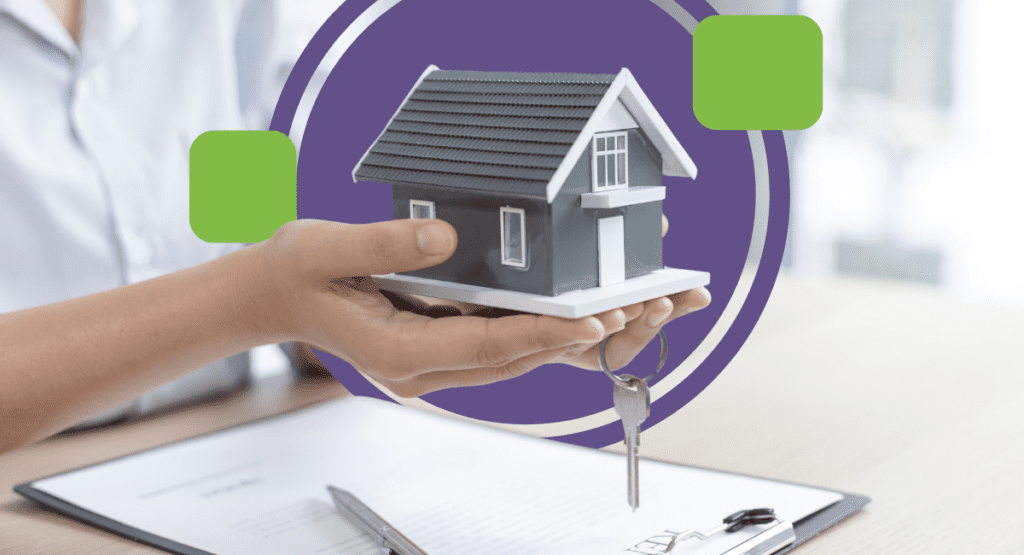
When it comes to renting vs. buying a house, there’s a heated debate centered around whether it's a good investment or not. People usually feel strongly one way or the other, especially during times when mortgage interest rates are the highest they’ve been in over two decades — ultimately affecting both buyers and sellers.
The choice to buy a house is certainly a big financial decision. But finances aren’t, and shouldn’t be, the only deciding factor when buying a home. Physicians must also weigh their large student debt balances, demanding schedules and likelihood of relocation on top of normal considerations like family preferences and long-term financial goals.
Owning a home is an individual decision with many layers. So, let’s go through some things to keep in mind before you dive head first into a big commitment.
Pros and cons of renting vs. buying a house
Choosing between renting vs. buying isn’t exclusive to physicians only. So, here’s a brief summary of general pros and cons that every renter or homebuyer must consider.
How to decide between renting vs. buying a house for physicians
Physicians have an unusual career trajectory compared to other high-income professionals. After dental or medical school, you spend several years in residency and potentially longer in a fellowship. This intense training thoroughly prepares you for your specialty. But it can also delay major milestones, such as buying a home, due to limited income during residency and the potential for relocation after completing your program.
Therefore, physicians must look at the whole picture — including financial and personal factors — when determining which path is best for them.
Practical considerations when buying a home
When making the decision between renting vs. buying a house, physicians should consider the following:
- Job stability. How long do you plan to stay in your current location? If frequent relocations are on the horizon, renting will provide more flexibility.
- Housing market conditions. The current housing climate has the highest interest rates since the early 2000s. As of November 2023, the average mortgage rate is 7% to 8%, depending on your home loan terms. These high mortgage loan rates might be a bit of a shock if you were considering buying in the last couple of years when rates were at record lows.
- Local market trends. Is it a buyer’s or seller’s market in your area? Are you looking to buy in a growing community where property values will likely increase? Is there a high student population that might help limit the cost of renting? Are there suitable single-family homes available for rent?
- Financial readiness. Do you have savings for a down payment? What does your monthly budget and debt-to-income ratio look like? Are you working toward paying off your student debt or other financial independence markers? How does buying a home fit into your long-term financial goals?
- Realistic expectations. Can you handle the many costs associated with owning a home, such as closing costs, property taxes, home insurance, moving expenses, repair and maintenance costs, and general expenses to furnish or update your home? Once you own a home, you’re responsible for everything from deciding on renovations to replacing the A/C to repairing plumbing to maintaining the yard and more. Our privacy fence alone was the equivalent of buying a nice used car in today’s market. So, think long and hard about whether you a) want the responsibility of tending to everything a home purchase requires and b) have the financial resources to do so.
Buying a home is more than a financial decision
Although buying a home is likely one of the biggest financial decisions you’ll make, it doesn’t have to purely be an investment opportunity. There are other personal preferences to consider, including:
- Lifestyle priorities. Figure out what’s important to you, and whether renting vs. buying a house in your area checks the most boxes. Do you value conveniences like being able to walk to work? Or are you set on being within a specific school district? Are there certain amenities you can find with renting that you can’t afford by buying at this stage (e.g., access to a pool, high-end appliances, etc.)?
- Future family plans. Does your family desire a sense of stability and feeling settled? Do you prioritize having a settled place for your children to grow up in? Do you want the freedom to customize your home to fit your family’s needs? Would you rather be able to get up and move on short notice? Consider what your family needs both now and within the next five to 10 years.
- Personal goals. For many, buying a home is still an American dream. There’s a deep sense of accomplishment that comes with buying your first home. Additionally, you might want to live in your home for a few years and then turn it into a rental to generate additional income. On the opposite side, you might prefer the freedom that comes with renting, allowing you to stay more fluid in your short-term and long-term goals.
Buying a home with student loans
Deciding on renting vs. buying a house at any stage of your physician career is a major life decision. For many, buying a home is a goal worth committing to. For others, renting is a clear-cut way to stay flexible. But there are a lot of variables to consider from both a financial and personal standpoint. Plus, renting isn’t always cheaper than buying, depending on the market. And the choice isn’t always whether to rent a small apartment versus buy a large, expensive home.
If buying a home might be on your list, it’s worth looking into physician mortgage options. This type of loan offers a down payment as low as 0% to 10% with no private mortgage insurance (PMI) requirement. It also has more relaxed underwriting guidelines that treat student debt more favorably and allow you to use future income to qualify if you have an employment contract in place.
To receive a quote from mortgage lenders who understand the unique financial and lifestyle circumstances physicians face when renting vs. buying a house, fill out the form below.


